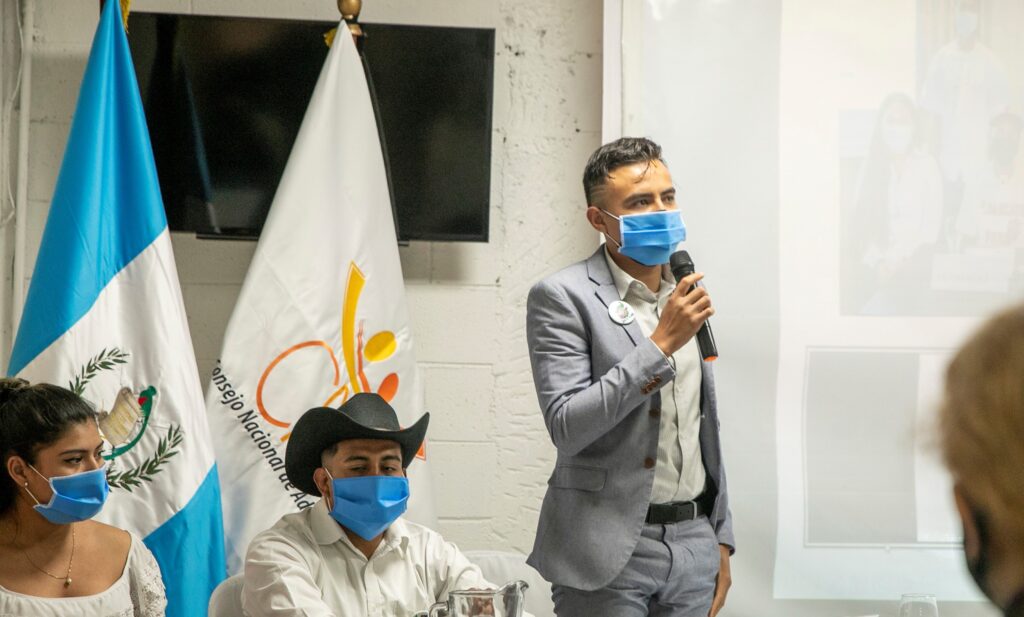It's true. 8 out of 10 children living in orphanages have a living parent.
Please join us as we change the way we care for the world’s most vulnerable children.
to change the way we care for children around the world.
As many as 80 percent of children in residential care facilities – sometimes called “orphanages” – have at least one living parent. Once they are separated from their families, the futures of these children can be dim, especially if they have a disability. Children in residential care are at greater risk for neglect, abuse and trafficking. CTWWC brings sustainable change and country-led family care alternatives for children and young people.
We are already seeing results in Kenya, Moldova and Guatemala.
Changing the Way We Care is working in several countries to create effective, lasting systemic change for the 2 to 8 million children in residential care institutions, or so-called orphanages – a movement referred to as care reform. In our demonstration countries, Changing the Way We Care works with partners to provide families with the support and resources they need to keep their families intact, strong, loved, and nurtured. And, when it is not possible to keep family together, we work to provide family-based care alternatives for these children, such as care from a family member (kinship care) or foster care. Through programming, learning, and influence, our hope is that our work can grow in other countries and change the way the world cares for children.






